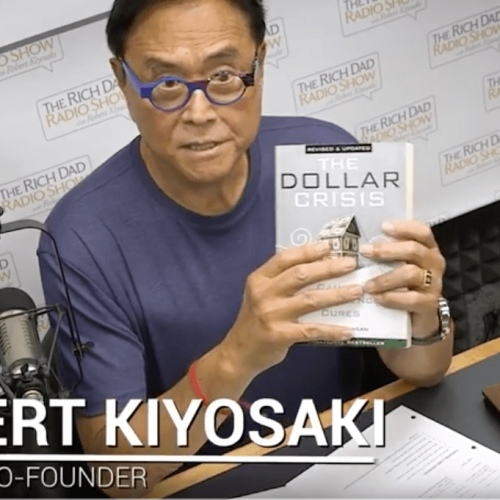Dalio vs. Mauldin: The Great Debate – P…
Ray Dalio is the founder of Bridgewater Associates, the world’s largest and most successful hedge fund. In May, he published a paper called “It’s Time to Look More Carefully at “Monetary
Dalio vs. Mauldin: The Great Debate – P…
A debate that could determine whether our economic future is prosperous or impoverished has taken place between Ray Dalio and John Mauldin, two of the world’s most influential economic thinkers.
How The US Can Win The Currency War
On August 5th, the Chinese Yuan fell below Yuan 7 per Dollar for the first time in eleven years. Later that day the US Treasury Department designated China a currency manipulator.
Financial Sense Interview: Highly Recommended…
Capitalism didn’t exactly die. It just evolved into a very different kind of economic system: Creditism. I discussed the evolution of Capitalism into Creditism recently with Cris Sheridan for the Financial
Ray Dalio vs. John Mauldin: The Great Debate
An extraordinarily important debate has taken place between two of the world’s most influential economic thinkers: Ray Dalio, the founder of the legendary hedge fund, Bridgewater Associates, and John Mauldin,
America Can Invest Or Surrender To China
China’s lead in 5G Technology is the United States’ new Sputnik moment. There is no mystery as to why China will soon overtake the US as the world’s leading technological,
Robert Kiyosaki Interview
Robert Kiyosaki is one of the best-selling authors of all time. His first book, Rich Dad Poor Dad, has sold more than 32 million copies. I recently had an interesting
The Fed Is A Hostage Of The S&P 500
The S&P 500 closed at a record high last week, while Gold hit a five-year high. Stocks and gold spiked because a very rapid slowdown in the world economy has forced
The Yield Crash Signals Pain Ahead
The collapse in Government Bond Yields during May was a clear signal that investors are afraid the stock market may be headed significantly lower. The flight to quality out of
What Are Bank Reserves?
When the crisis of 2008 began, the Reserves that commercial banks hold in their accounts at the Fed soared from $21 billion in 2007 to $2.4 trillion in 2014. Many commentators











